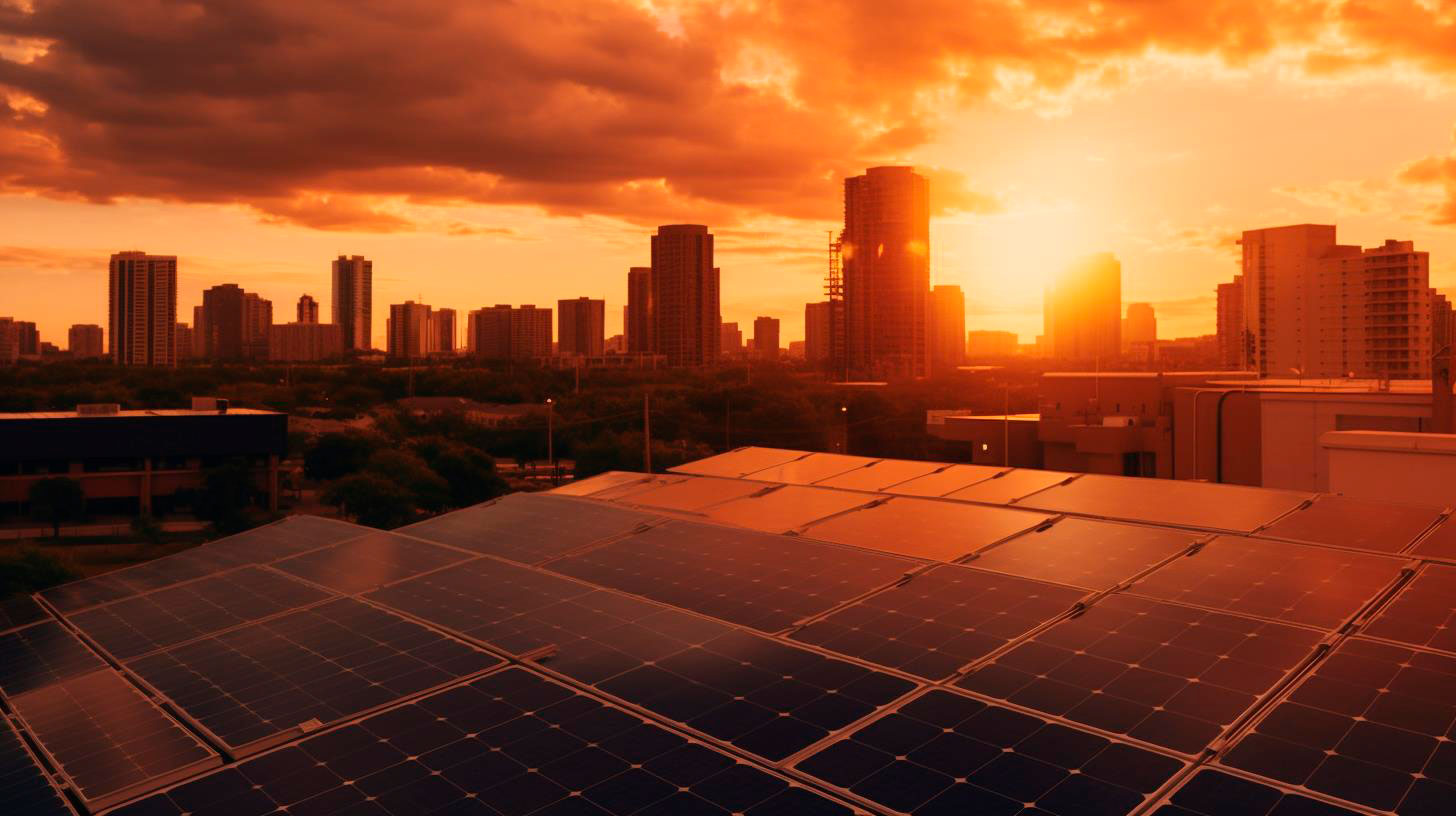Women Empowerment through Renewable Energy in Developing Countries
In this article, we will explore the link between renewable energy and women empowerment, highlighting its numerous benefits and key takeaways.
The Link between Renewable Energy and Women Empowerment
1. Economic Empowerment:
- Access to renewable energy technologies, such as solar panels or biogas, enables women to start their own businesses and generate income.
- Renewable energy projects often create job opportunities, and women can actively participate in these sectors, fostering economic independence.
- Studies have shown that investing in women’s economic empowerment can result in higher productivity growth, reducing poverty levels.
2. Education and Health:
- Renewable energy allows for reliable electricity supply, ensuring that schools have the necessary infrastructure for education, creating better learning environments for children, especially girls.
- Women can utilize renewable energy to power medical facilities, improving access to vital healthcare services and reducing maternal and infant mortality rates.
- Accessible energy can also provide clean cooking solutions, eliminating the health hazards associated with traditional biomass fuels.
3. Enhanced Quality of Life:
- Improved access to energy enhances the overall standard of living, enabling women to fulfill their household responsibilities more efficiently.
- Renewable energy allows women to allocate time for education, skill development, or engaging in community activities, contributing to personal growth and self-fulfillment.
- Access to energy-efficient solutions, such as solar-powered lights, positively impacts safety, particularly for women and girls, reducing the risk of gender-based violence.
Key Takeaways
1. Renewable energy plays a vital role in empowering women in developing countries.
2. Economic empowerment through renewable energy solutions helps women start businesses and gain financial independence.
3. Access to renewable energy improves education, healthcare, and overall quality of life for women and their communities.
4. Investing in women’s empowerment through renewable energy has significant positive effects on poverty reduction and economic growth.
According to the International Renewable Energy Agency (IRENA), more than 60% of the world’s population lacking access to electricity lives in Sub-Saharan Africa and developing Asia. Addressing energy poverty through renewable energy initiatives not only supports sustainable development but also paves the way for gender equality and women’s empowerment.
When women are given equal opportunities and access to resources, they can be powerful change agents within their communities. Renewable energy projects that prioritize women’s participation can boost their socio-economic status, contribute to gender equality, and create a more sustainable future.
Empowering women through renewable energy is vital for achieving the United Nations Sustainable Development Goals (SDGs) and building a more inclusive and resilient world. Governments, policymakers, and stakeholders should create an enabling environment that ensures women’s active involvement in decision-making processes, facilitates skills training, and promotes entrepreneurship opportunities in the renewable energy sector.
By harnessing the potential of renewable energy, we can unlock the untapped potential of women as drivers of change, fostering sustainable development and empowering communities worldwide.
